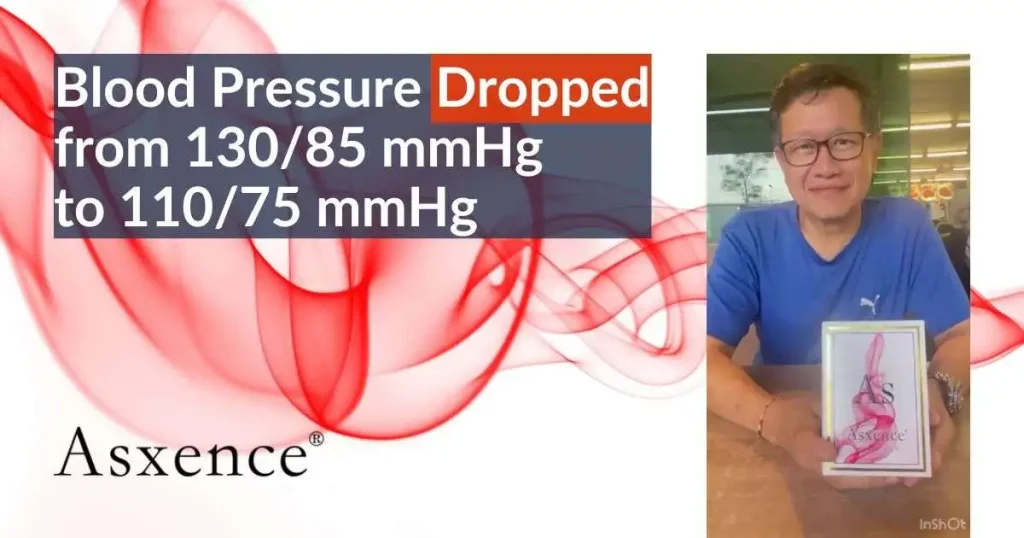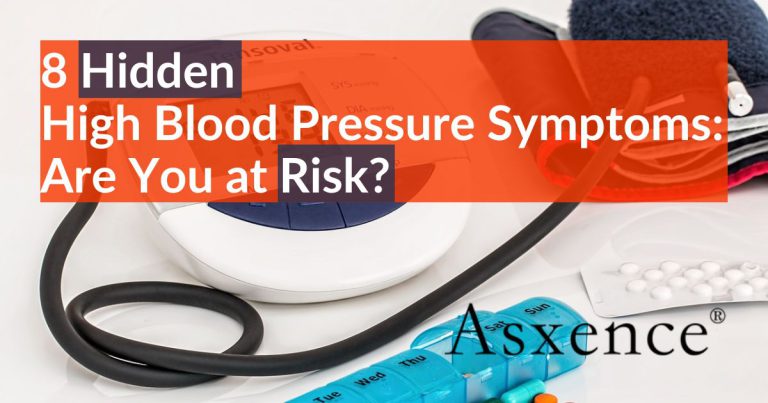What is High Blood Pressure? A Sneaky Culprit You MUST Know
Introduction
What is High Blood Pressure? High blood pressure, also known as hypertension, is often referred to as the “silent killer” for a reason. It’s a common health condition that affects millions of people worldwide, yet many individuals are unaware of its presence until it manifests into more serious health complications. In this blog, we will delve into the sneaky culprit that is high blood pressure, understanding its causes, consequences, and most importantly, how to prevent and manage it effectively in Singapore.
The Basics of High Blood Pressure
Before we dive into the details, let’s start with the basics. Blood pressure is the force exerted by the blood against the walls of your arteries as your heart pumps it around your body. It’s measured in millimeters of mercury (mmHg) and typically recorded as two numbers: systolic pressure (the higher number) and diastolic pressure (the lower number). A normal blood pressure reading is generally considered to be around 120/80 mmHg.
What is High Blood Pressure?
High blood pressure occurs when the force of blood against the artery walls is consistently too high, putting strain on the heart and blood vessels. This condition is often referred to as the “silent killer” because it can go unnoticed for years, silently damaging your arteries, heart, and other vital organs without obvious symptoms.
What Causes High Blood Pressure, the Sneaky Culprit?
While high blood pressure might seem like a mystery, there are several common factors that contribute to its development. These include:
- Unhealthy Diet: Diets high in sodium, saturated fats, and processed foods can lead to weight gain and high blood pressure.
- Lack of Physical Activity: Sedentary lifestyles contribute to obesity and cardiovascular problems, including hypertension.
- Smoking and Alcohol Consumption: Tobacco and excessive alcohol consumption can narrow blood vessels and raise blood pressure.
- Stress: Chronic stress triggers hormonal responses that can temporarily raise blood pressure.
- Age and Genetics: As we age, the risk of developing high blood pressure increases. Additionally, a family history of hypertension can predispose you to the condition.
- Chronic Conditions: Conditions like diabetes, kidney disease, and sleep apnea can contribute to high blood pressure.
- Excess Weight: Carrying excess weight strains the cardiovascular system and increases the likelihood of hypertension.
The Consequences of Uncontrolled Hypertension
If left uncontrolled, high blood pressure can have serious consequences on your health. Over time, it can damage your blood vessels and organs, leading to:
- Heart Disease: Hypertension is a major risk factor for heart attack, heart failure, and other coronary issues.
- Stroke: High blood pressure can lead to the narrowing and weakening of blood vessels in the brain, increasing the risk of stroke.
- Kidney Damage: The kidneys filter blood, and high blood pressure can damage their blood vessels and affect their function.
- Vision Problems: Hypertension can damage the blood vessels in the eyes, leading to vision impairment or even blindness.
- Cognitive Decline: Some studies suggest a link between high blood pressure and cognitive decline, including conditions like dementia.
How to Reduce High Blood Pressure with Management?
The good news is that high blood pressure is often preventable and manageable. Here are some strategies to keep your blood pressure in check:
- Healthy Diet: Opt for a diet rich in fruits, vegetables, whole grains, lean proteins, and low-fat dairy. Reduce sodium and processed foods.
- Regular Exercise: Aim for at least 150 minutes of moderate aerobic activity or 75 minutes of vigorous activity each week.
- Stress Management: Practice relaxation techniques such as meditation, deep breathing, and yoga to manage stress.
- Limit Alcohol and Quit Smoking: If you drink, do so in moderation. Quit smoking to improve your overall cardiovascular health.
- Maintain a Healthy Weight: Losing even a small amount of weight can significantly lower blood pressure.
- Astaxanthin: We have success stories of customers who consume our supplement to help lower their blood pressure.
Conclusion
High blood pressure might be a sneaky culprit, but armed with knowledge and a proactive approach, you can prevent its development and effectively manage it if you’re already diagnosed. Remember, the key lies in making healthy lifestyle choices, regular check-ups, and adhering to your healthcare provider’s recommendations. By staying vigilant and taking control of your health, you can avoid the silent but serious consequences of high blood pressure and enjoy a healthier, more vibrant life.





